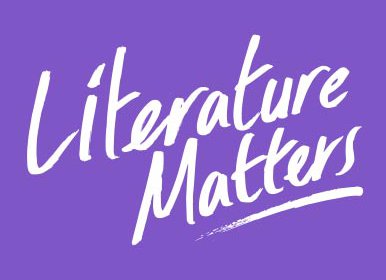Improving your writing skills
Explore five ways you can improve your writing skills every day.
Plan your writing
Planning your writing is important at work. Before you start a writing task there are a few things that you need to think about:
- Who is the audience? Who is going to read what you have written?
- What is the purpose? What are you trying to achieve through writing?
- Do you need to use formal or informal language?
Check if there is an example or a template that you can use for your writing. For example, you could use the format of an email that you have received. Then bullet point what you need to include and in what order, creating a checklist.
Make notes at work
Always have a pen and paper or technology that you can record notes on. Making notes at work is a great way to practise your skills.
If you are in a meeting, write down what you hear, recording all of the important information.
Try to focus on the information that is important to you. Sometimes we get into the habit of writing as much as we can and that isn’t always useful.
Writing a to-do list is useful to organise yourself at work and is also a quick and easy way to develop your writing.
Sign up to a “word of the day”
There are many websites and apps that you can download to help you to build your vocabulary. Record your word of the day. If appropriate, you can use it in your writing.
Apps
- Word of the Day: Learn English
- WOTD
- Oxford Dictionary of English
Write down new vocabulary that you learn at work
Use a word bank to record any new terms that you discover. It will become easy to remember them and use them in day-to-day conversation and your writing.
We have put together a few suggested words for you.
Formal introductions:
Welcome to… Thank you for inviting me to… Let me introduce you to… My name is…
Would it be possible to… I am writing to apply for/enquire about… I have attached…
Formal closing statements:
Thank you for… It has been a pleasure to… Do you have any further questions?
Dear Sir/Madam… Yours faithfully/Dear [known name]… Yours sincerely
Read your own writing
Reading your own writing can help you find mistakes and edit what you have written. Although it can be time consuming and a challenge to fit into a busy work day, reading your own writing is very important.
It will help you to pick up any mistakes that you have made. You can check your spelling and grammar.
You can use the checklist that you created in step one to make sure that you are using the correct language and the audience is getting what they need from your writing.









